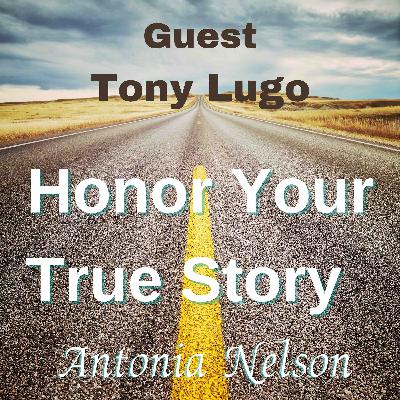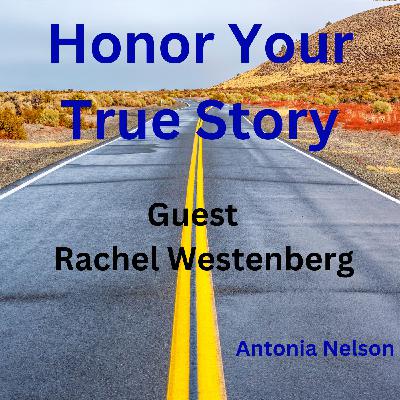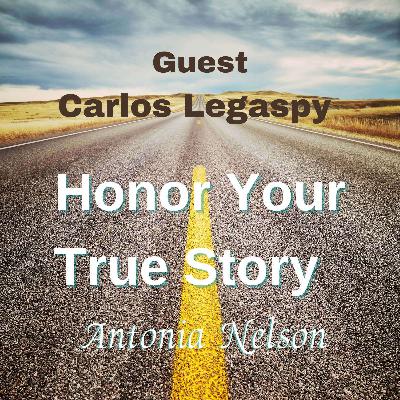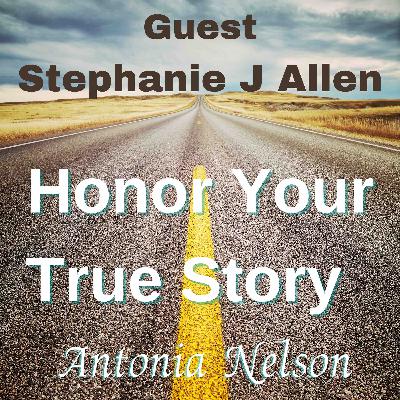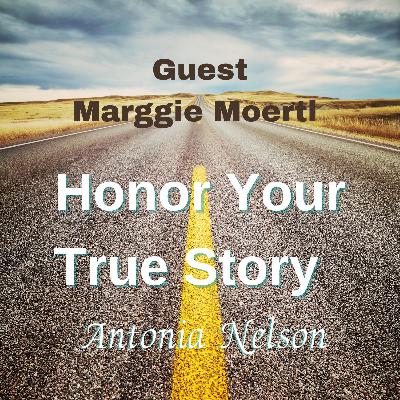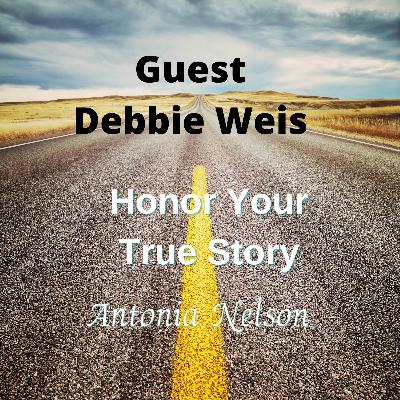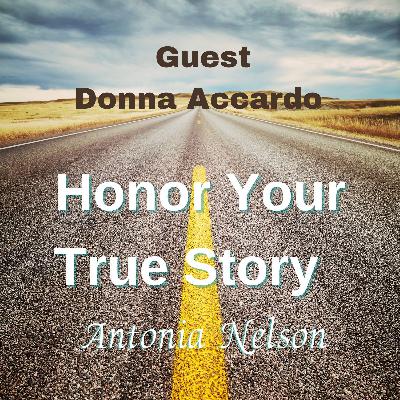From Austin to LA - Tony Lugo’s journey to become a filmmaker, writer and director.
Update: 2022-06-10
Description
Our guest today is Tony Lugo. He’s an award winning filmmaker of short form narrative documentaries and music videos. he honed his skills in cinematography and editing before fully pursuing his directing career. He has been in the military as a Marine, and he has twice been selected as a Latino scholar by the National Association of Latino independent producers and organization that supports emerging Latino filmmakers. Tony is also selected as a Leadership Fellow for the nonprofit that veterans in media entertainment in recognition of his leadership and volunteerism. Thank you for coming on.
0:53
Thank you for having me. It’s such a great pleasure to be here.
0:57
Well, I I saw your film midnight which is what made me want to talk to you because I it was just such a great little film you know, the film was great. The music was great. And thank you. I wanted to know I wanted to know more about like, well, what’s part two? And then yeah, also just got me thinking about you know, like what goes on in the mind of somebody who’s making especially short films to me, I don’t know. Is that true, or is it harder to make a short?
1:38
It’s I mean, making a film in general is tough shorts. Short selling is I would consider shorts tougher is because there’s no market for them. You can’t like you can make a short film and then go off and sell it. It’s very rare that that happens. So you’re really doing it for the love of the craft. There are there’s there are some markets for it, but overall as a whole. Short films are tough to sell after you’re done making the film but that’s probably the the one thing that’s tougher about making a feature film is you know 10 times as drastic and toughness as as making a short film.
2:21
Right. I suppose I mean, I suppose the payoff is like bigger because like you said, you can sell it. I didn’t know that there wasn’t a market you could sell the shorts. So is there an in between, you know, something that you can do that you can make because you love it and then also sell it or have it?
2:45
There are some platforms that take short films, it’s just that it’s you’re really limiting what you do, what you’re able to do with the film after it’s done. Making a short film
2:59
Well, I learned that new today. That’s awesome. So you’re from Austin, Texas. I was born and raised area. And so how does a young boy in Austin, Texas, get to be doing what you’re doing in LA making film what were what was the path?
3:19
So I’ve always loved cinema. I’ve always loved the movies. i i Some of my fondest memories are going in the movie theater with my parents and my brother and I didn’t know it was something I wanted to do until after the Marine Corps I I focused on being an actor, because I thought that’s what you want to be you you. You love movies, but the thing that you see on the screen are the actors so that’s I guess that’s a get though is the gateway drug for me was acting and then I wasn’t really in love with it. But then I became an extra on this film and the film set was massive and I just fell in love with with being behind the scenes and I just I felt like that was my calling to be behind the camera.
4:14
I heard on the podcast where you just describing maybe this is it what you were in an extra in the film Elmo. Yeah. describing that little farm.
4:26
Yeah, yeah, yeah. A little farm was way in the corner of the town and I knew as soon as we stepped off the bus that that little farm was never going to make it on camera, but just in case it did that detail put into that was very, for some reason for me seeing that, like seeing the land where the seeds would be dropped in and then seeing the little farmhouse and the little clouds leaning against the house and it was just for me it was it was just like the care to put it into creativity and it just made its mark on me.
5:05
So totally a breadcrumb. Yeah, that was a big one, right. Yeah. Yeah. And so that got you more into wanting to be behind the scenes an
0:53
Thank you for having me. It’s such a great pleasure to be here.
0:57
Well, I I saw your film midnight which is what made me want to talk to you because I it was just such a great little film you know, the film was great. The music was great. And thank you. I wanted to know I wanted to know more about like, well, what’s part two? And then yeah, also just got me thinking about you know, like what goes on in the mind of somebody who’s making especially short films to me, I don’t know. Is that true, or is it harder to make a short?
1:38
It’s I mean, making a film in general is tough shorts. Short selling is I would consider shorts tougher is because there’s no market for them. You can’t like you can make a short film and then go off and sell it. It’s very rare that that happens. So you’re really doing it for the love of the craft. There are there’s there are some markets for it, but overall as a whole. Short films are tough to sell after you’re done making the film but that’s probably the the one thing that’s tougher about making a feature film is you know 10 times as drastic and toughness as as making a short film.
2:21
Right. I suppose I mean, I suppose the payoff is like bigger because like you said, you can sell it. I didn’t know that there wasn’t a market you could sell the shorts. So is there an in between, you know, something that you can do that you can make because you love it and then also sell it or have it?
2:45
There are some platforms that take short films, it’s just that it’s you’re really limiting what you do, what you’re able to do with the film after it’s done. Making a short film
2:59
Well, I learned that new today. That’s awesome. So you’re from Austin, Texas. I was born and raised area. And so how does a young boy in Austin, Texas, get to be doing what you’re doing in LA making film what were what was the path?
3:19
So I’ve always loved cinema. I’ve always loved the movies. i i Some of my fondest memories are going in the movie theater with my parents and my brother and I didn’t know it was something I wanted to do until after the Marine Corps I I focused on being an actor, because I thought that’s what you want to be you you. You love movies, but the thing that you see on the screen are the actors so that’s I guess that’s a get though is the gateway drug for me was acting and then I wasn’t really in love with it. But then I became an extra on this film and the film set was massive and I just fell in love with with being behind the scenes and I just I felt like that was my calling to be behind the camera.
4:14
I heard on the podcast where you just describing maybe this is it what you were in an extra in the film Elmo. Yeah. describing that little farm.
4:26
Yeah, yeah, yeah. A little farm was way in the corner of the town and I knew as soon as we stepped off the bus that that little farm was never going to make it on camera, but just in case it did that detail put into that was very, for some reason for me seeing that, like seeing the land where the seeds would be dropped in and then seeing the little farmhouse and the little clouds leaning against the house and it was just for me it was it was just like the care to put it into creativity and it just made its mark on me.
5:05
So totally a breadcrumb. Yeah, that was a big one, right. Yeah. Yeah. And so that got you more into wanting to be behind the scenes an
Comments
In Channel

